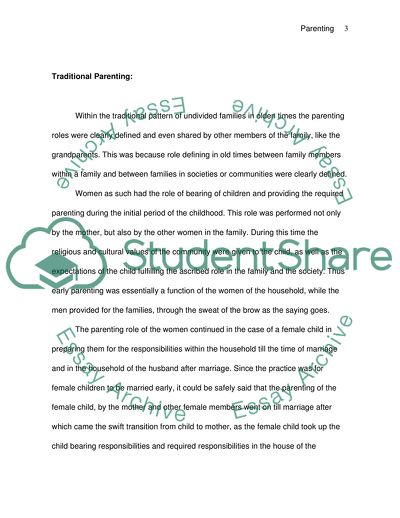Cite this document
(Challenges of Parenting In The Twenty-First Century Coursework, n.d.)
Challenges of Parenting In The Twenty-First Century Coursework. https://studentshare.org/social-science/1711173-parenting
Challenges of Parenting In The Twenty-First Century Coursework. https://studentshare.org/social-science/1711173-parenting
(Challenges of Parenting In The Twenty-First Century Coursework)
Challenges of Parenting In The Twenty-First Century Coursework. https://studentshare.org/social-science/1711173-parenting.
Challenges of Parenting In The Twenty-First Century Coursework. https://studentshare.org/social-science/1711173-parenting.
“Challenges of Parenting In The Twenty-First Century Coursework”. https://studentshare.org/social-science/1711173-parenting.


